Facebook Is Doing More Harm Than Good By Banning People
These Facebook account bans are driving more polarization and undermine free speech.
Late last week, Facebook banned several controversial political figures. The list includes conspiracy theorist and InfoWars founder Alex Jones, leader of the Nation of Islam Louis Farrakhan, far-right provocateur Milo Yiannopoulos, Paul Joseph Watson, and Laura Loomer. The social media platform accused them of hate-speech. Facebook claims they ban accounts they deem "dangerous" and/or engage in hate and violence towards certain groups.
They define a hate organization as:
"Any association of three or more people that is organized under a name, sign, or symbol and that has an ideology, statements, or physical actions that attack individuals based on characteristics, including race, religious affiliation, nationality, ethnicity, gender, sex, sexual orientation, serious disease or disability."
This ban applies to Instagram too, which Facebook owns.
Were the people banned because they violated these guidelines? Did they really violate these guidelines, and are these rules fair?
Facebook expressed their rationale in an email. They said that many of the people banned associated with and appeared with Gavin Mcinnes, another controversial figure. Basically, they banned them because they were with Mcinnes. This is a sorry excuse for suspending someone's account.
Many people have associated themselves with Mcinnes; however, they were not banned from Facebook. Also, associating with a certain person isn't always a plausible reason for account suspension. For example, popular podcaster and comedian Joe Rogan has had both Alex Jones and Gavin Mcinnes on his show. Should Rogan be banned because he associated himself with them? If so, Facebook forgot about him, since they didn't ban him.
There have also been many mainstream media outlets who've interviewed Mcinnes and the people recently banned from Facebook. Should the outlets' accounts be terminated for associating with Mcinnes? No, neither Rogan's nor the media outlets' accounts should be suspended.
To be fair, the people banned showed praise for Mcinnes, but that act still shouldn't be cause for suspension. However, there is a case to be made that if a person associated themselves with a terrorist organization, leader, and/or something related, that said person should be banned. This is true and obviously makes sense. But Mcinnes and the people suspended are not a terrorist organization.
Not only is Facebook's rationale thin, but they also hold a double standard when it comes to censorship. Facebook and even Twitter have been criticized for overly banning right-wing figures and under banning left-wing figures. Both social media platforms have also been criticized for terminating the accounts of non-radical right-wingers.
There is truth to these criticisms. Louis Farrakhan has been able to keep both his Facebook and Twitter accounts until now. Various times he has said openly anti-Semitic comments including, "I'm not an anti-Semite. I'm anti-Termite." Twitter said they wouldn't suspend him for these comments. While Farrakhan has kept his social media accounts, until now, despite his remarks, others have been banned from social media.
Louis Farrakhan is pictured with many different Democratic politicians, among them Barack Obama. CNN's Jake Tapper explains it best in this Twitter thread. Farrakhan is not right-wing, he is on the left of the political aisle, despite what some news outlets have headlined.
I'm not saying that the people pictured with Farrakhan should be banned from social media. Like I previously said, banning people on the basis of that person associated with a certain individual is a poor reason unless they associate with a terrorist and/or something related. Here, I'm pointing out the double standard social media plays in their choice of account suspension.
These Facebook bans undermine the value of free speech, an idea we pride ourselves on.
This isn't to suggest that the political figures terminated from Facebook are good people. Alex Jones has flirted with harmful conspiracy theories. Milo Yiannopoulos has made overtures and excuses for the Alt-Right disguised in memes and comedy. He also has made racially charged attacks towards Ben Shapiro, Editor-in-Chief of The Daily Wire. In 2017, Laura Loomer disrupted a Shakespeare in the Park play, because they portrayed Julius Caesar as President Trump. Republican candidate Paul Nehlen is obsessed with "white-identity." Louis Farrakhan, as I mentioned, is an anti-Semite.
I disdain these people and definitely don't depend on them for political analysis. They make a living in pushing division. That being said, I do not want them censored from social media. Like all of us, they have a right to free speech protected by the first amendment. No matter how disgusting someone's idea is, they should be free to express it. Free speech is how we learn new ideas and come to conclusions on which ideas are the best.
The speech that should be banned, however, are calls for violence and/or harassment. That category of speech is not an expression of an idea; it is an incitement of violence.
Free speech is the best strategy for stamping out prejudiced and bigoted ideas. Silencing those that hold such views only emboldens them. Martin Luther King Jr. did not defeat racism and segregation by censoring his racist opponents. Instead, he used free speech to promulgate his ideas of freedom and justice, and they triumphed over the evil ones. In his Nobel Peace Prize acceptance speech, Mr. King truthfully announced, "I believe that unarmed truth and unconditional love will have the final word in reality. This is why right, temporarily defeated, is stronger than evil triumphant."




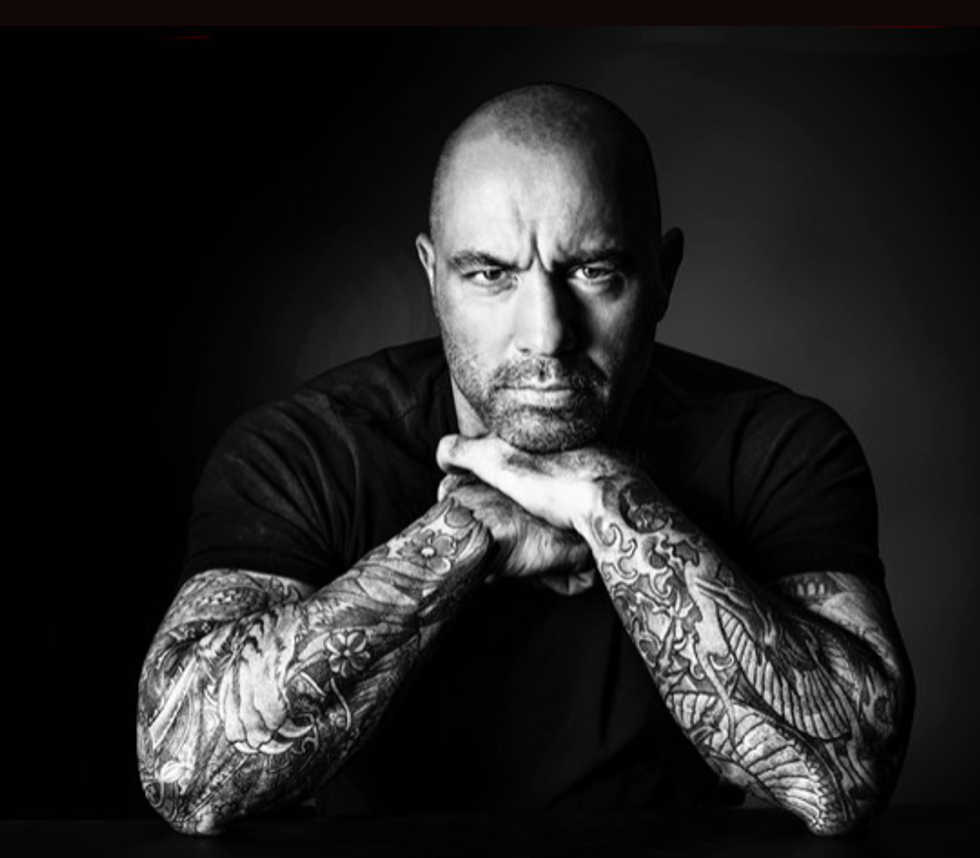
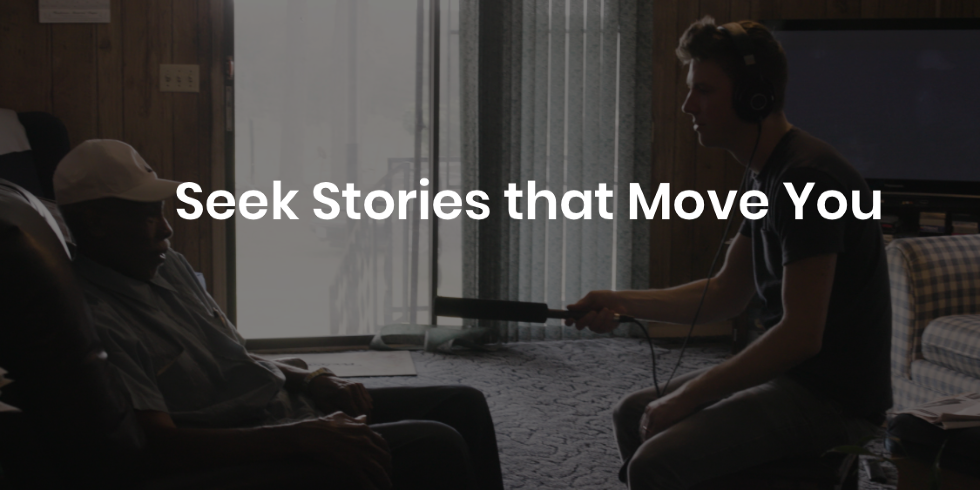


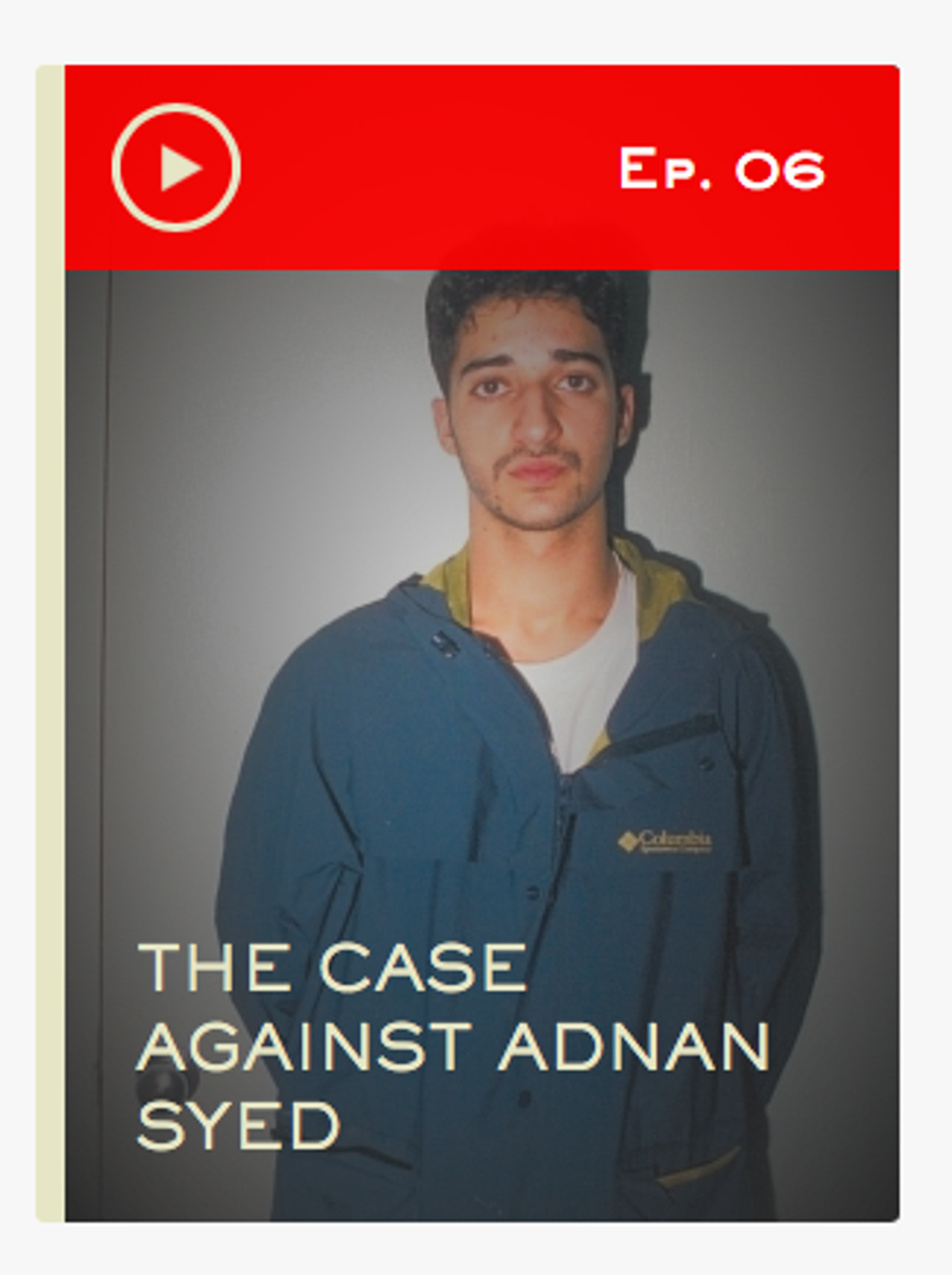
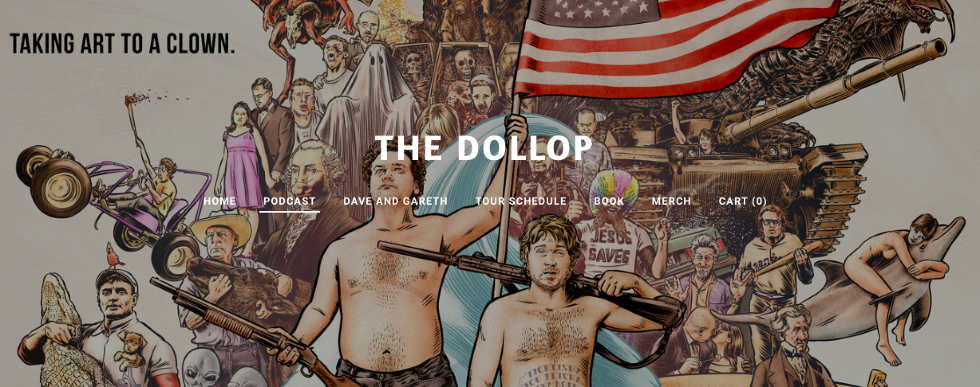

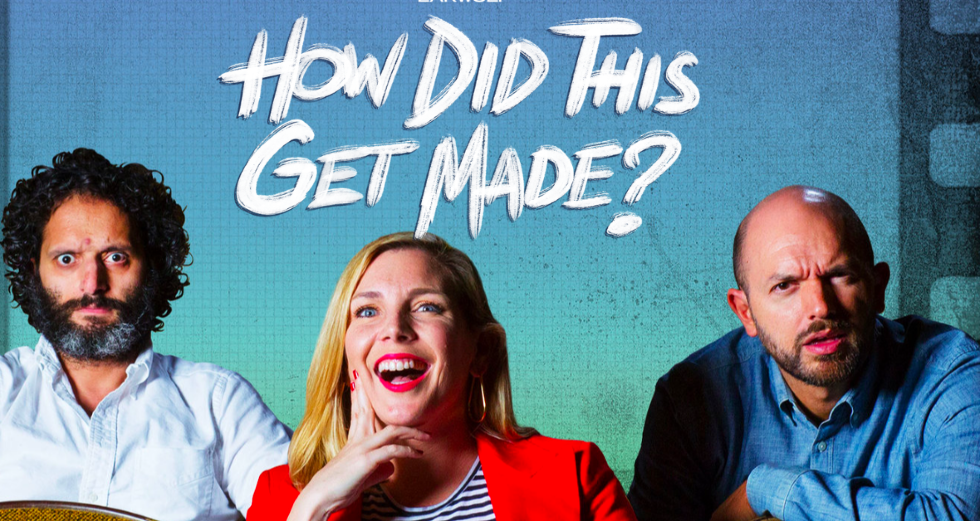
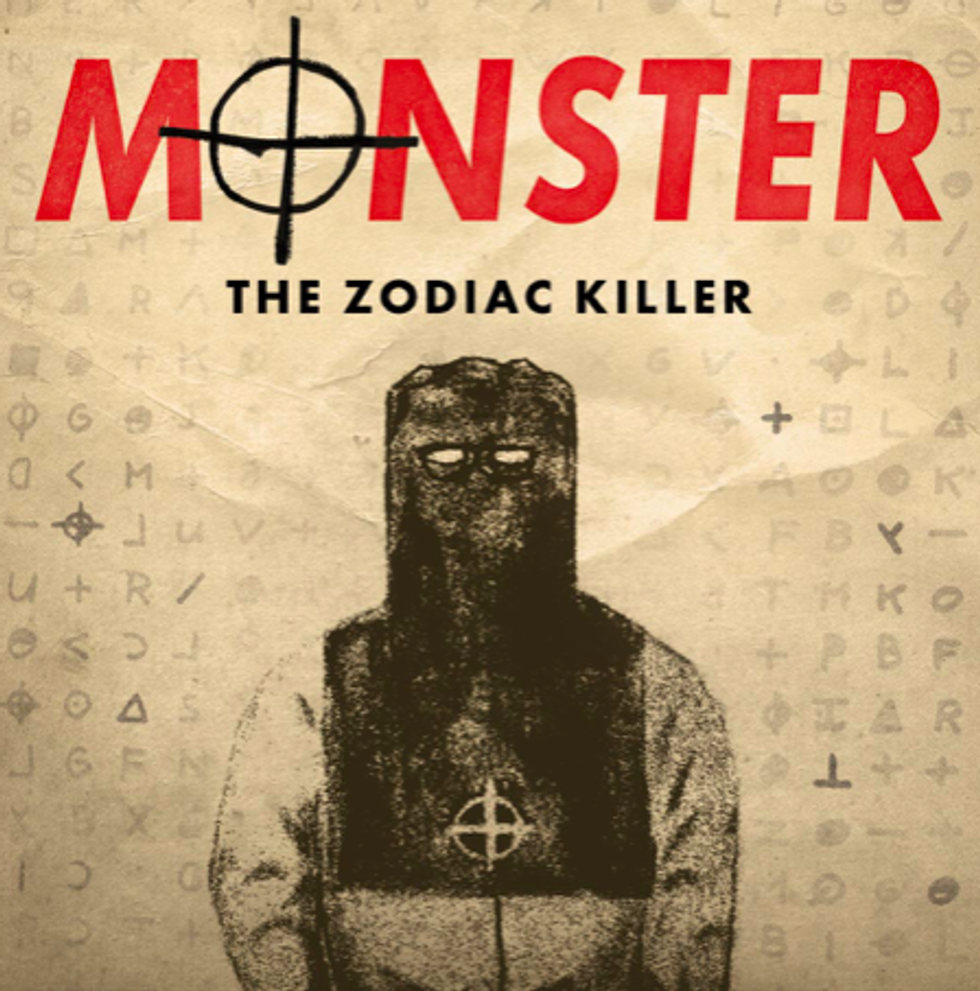
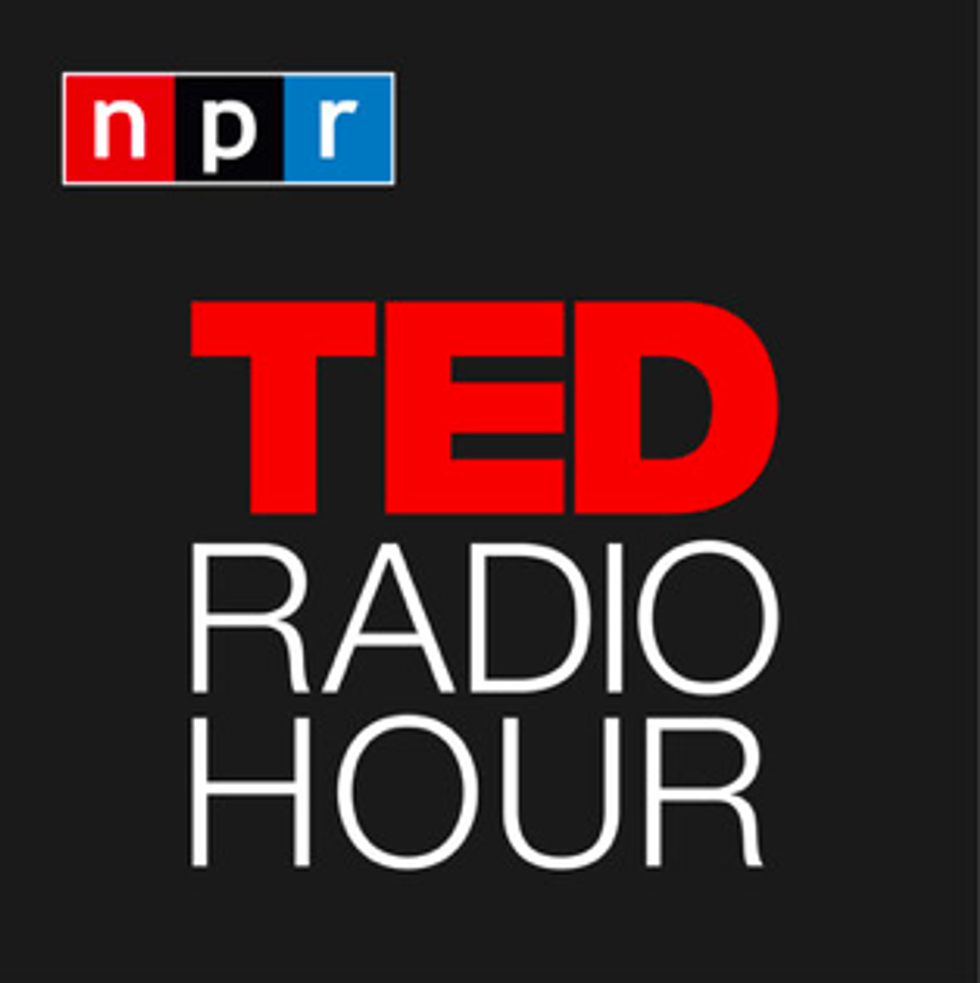






















6 Reasons I Watch Joe Rogan Podcasts And You Should Too
Do you love Joe Rogan Podcasts? So do I and I'll tell you why.
For years I have followed Joe Rogan. From comedy sitcoms, to fear factor, to UFC, and now YouTube podcasts... the guy does it all. I have always found this guy to be so interesting in the way he displays life questions and how comfortable he is with talking about it. Recently I have picked up that many people watch his podcasts on YouTube as a secret pleasure especially around campus. I wanted to investigate why people watch his hour long content rather than an easy vlog or a car rating. I wanted to make sense of it and to answer why we all watch him...
1. The Dialogue Feels So Natural and Informative At The Same Time
When watching Joe Rogan's content it feels so natural. He says what comes into mind, nothing is scripted which makes it SO real. It makes us feel like we are in the moment with him. His tone of voice also enhances this. Nothing is fake, there is no BS.
2. The Topics Are Things We Are Scared to Talk About
Rogan discusses what we are all scared to talk about. Most of us think many of the ideas he brings up, but most of us are afraid to speak on them with family and friends. Why? I literally do not know. I feel like if people discussed this more many wouldn’t feel alone in their thoughts. But if you are interested in talking about fucked up topics let me know!
3. He Questions and Challenges His Guests
He always questions and challenges his guests. Rogan brings up questions like "why do you think that?" Leaving the spectator to wonder the same thing. It becomes very interactive, which is why I think many people always tune into his podcasts daily. It is basically exercising our brains. Rogan also has awesome guests that come on like scientist or UFC fighters.
4. It’s Our Safe Place to Wonder About “Bad” Things
It is a safe place for us to wonder our "bad" ideas and or thoughts. He brings up many topics about the dark web, space, social media, drugs, alcohol... things that we are taught not to do. It is an escape from reality, but my question for you is what if this is the REAL reality that we aren't letting in? I always wonder if we discussed this more openly that we would make some sense of the world.
5. Makes Us Think About Things We Don’t Everyday
Joe Rogan and his guests make us think about things we do not think about every day. When we hear the same topics over and over again in class, it becomes refreshing when hearing a new obscure ideal that challenges our minds in many different ways.
6. Makes Us Think Of The Future
Lastly, he makes us think about the future, especially with humanity. Many people I believe get uncomfortable with discussing this topic. So, I think they find comfortability when listening to him and his guests talk about these topics. We can also identify and make sense of what is to come with many of the theories that he brings up.